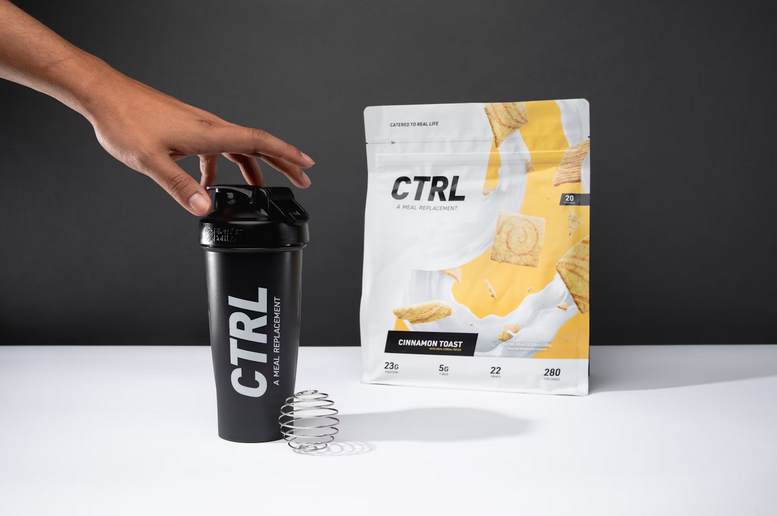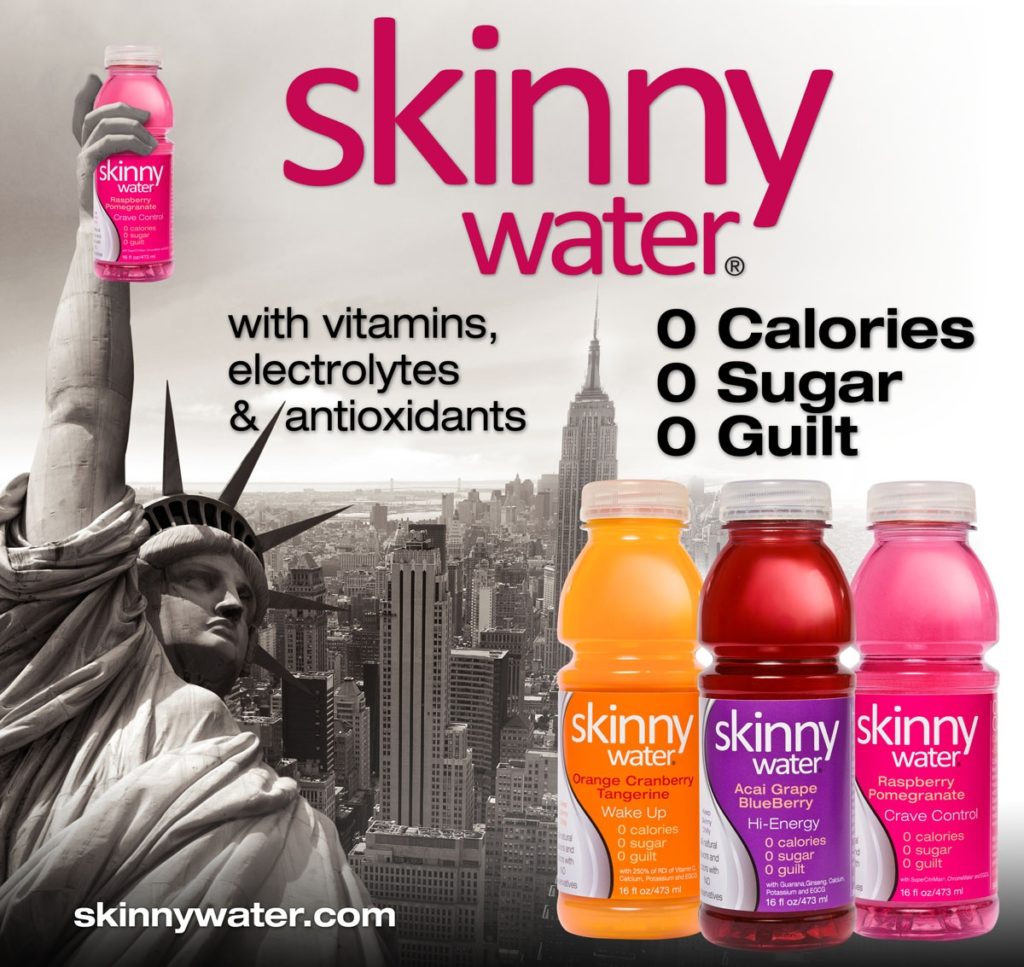Debunking Meal Replacement Myths: What You Need to Know

Meal replacements have taken the fitness world by storm. From busy professionals to health enthusiasts, many people are turning to these convenient options for quick nutrition. But with their rise in popularity comes a wave of misconceptions that can cloud our understanding of what meal replacements really are and how they work. Are they truly the magic solution for weight loss and healthy eating? Or do we need to dig deeper beneath the surface? Let’s explore some common myths surrounding meal replacements so you can make better choices about your diet. Buckle up as we separate fact from fiction!
Meal Replacements Are Just Fancy Protein Shakes
Many people associate meal replacements solely with protein shakes, but that’s only part of the picture. While some products are indeed blended drinks aimed at boosting protein intake, there is a much broader range available. Meal replacements can come in various forms—bars, powders, and ready-to-drink options. They’re designed to deliver balanced nutrition in a convenient package. Unlike simple protein shakes that may lack essential nutrients, many meal replacement solutions include vitamins, minerals, healthy fats, and fiber.
These products strive to mimic complete meals rather than just serve as an added source of protein. The goal is not just about filling you up; it’s about providing comprehensive nourishment on-the-go for those hectic days when cooking isn’t feasible. So while they might share similarities with your favorite shake, meal replacements offer so much more than just extra protein.
They Don’t Keep You Full Like Real Food

Many people believe meal replacements can satisfy hunger, just like whole foods. However, this is often far from the truth. Real food has a complex structure that includes fiber, healthy fats, and various nutrients. These elements work together to promote satiety. When you eat an apple or a handful of nuts, your body processes these foods differently than a shake or bar.
Meal replacements may offer convenience but often lack the fibrous components needed for fullness. As a result, you might find yourself reaching for snacks soon after consuming them. Additionally, real meals engage your senses more fully—the aroma, taste, and texture all play significant roles in how satisfied you feel. A shake can’t replicate that experience; it’s more about quick fuel than lasting satisfaction.
Meal Replacements Are Packed With Artificial Ingredients
When you look at meal replacements, it’s easy to be caught up in the flashy packaging and bold health claims. However, a closer inspection often reveals a laundry list of artificial ingredients. Many products utilize synthetic flavors, preservatives, and sweeteners to enhance taste or extend shelf life. These additives can make consumers question what they’re putting into their bodies. While some argue that these ingredients are harmless in small doses, others believe regular consumption could lead to long-term health issues. The body thrives on real food—whole grains, fresh fruits, and vegetables—not chemical concoctions.
They Lead to Muscle Loss Instead of Fat Loss

Many people fear that meal replacements will cause them to lose muscle rather than fat. This concern is not unfounded. When calorie intake drops significantly, the body may start breaking down muscle for energy. Muscle is metabolically active tissue. It burns more calories when at rest compared to fat. Losing muscle can slow body metabolism and make it harder to lose weight in the long run. Additionally, if meal replacements lack essential nutrients, such as protein and healthy fats, your body might struggle to retain lean mass during a caloric deficit. Without proper nutrition, you could end up feeling weak or fatigued.
You’ll Gain All the Weight Back Once You Stop Using Them
Many people fear that once they stop using meal replacements, the weight will come rushing back. This belief stems from the idea that these products are a quick fix rather than a sustainable solution. However, successful weight management relies on more than just what you consume. It’s about developing healthier habits and making informed choices in your diet. Meal replacements, when used alongside balanced meals, can help foster better eating patterns.
The key is to transition gradually. Instead of abruptly abandoning the meal replacement bandwagon, slowly integrate whole foods into your routine while maintaining portion control. This shift not only eases cravings but teaches you how to nourish your body effectively without relying solely on shakes or bars. With this approach, you can maintain progress and feel empowered in your food choices long after those products have been put aside.…




 Albeit the inevitable testosterone decline, thankfully, science has provided us with several solutions to our hormonal problems, i.e., testosterone therapy and testosterone supplements. These alternatives are considered to be the key to maintaining our youth and vigor. Studies have shown that older men who took testosterone medications significantly improved their sexual function due to the increase of energy and vitality. However, they might not be affordable for most people. Another viable solution would be to consume naturally-rich substances, e.g., salmon, skimmed milk, eggs, red meat, oysters, beans, peanuts, etc., which prominent bodybuilders and nutritionists dub as the best natural testosterone booster.
Albeit the inevitable testosterone decline, thankfully, science has provided us with several solutions to our hormonal problems, i.e., testosterone therapy and testosterone supplements. These alternatives are considered to be the key to maintaining our youth and vigor. Studies have shown that older men who took testosterone medications significantly improved their sexual function due to the increase of energy and vitality. However, they might not be affordable for most people. Another viable solution would be to consume naturally-rich substances, e.g., salmon, skimmed milk, eggs, red meat, oysters, beans, peanuts, etc., which prominent bodybuilders and nutritionists dub as the best natural testosterone booster.

 If you’re eating junk food from breakfast to dinner, it could be the main reason why you’re not losing any weight at all. So, our first tip is to watch what you’re eating and if you have to, make a note of what you eat regularly as this will help you in knowing your calorie intake and whether your diet is good or bad. A simple way to cut on some weight is to replace fatty junk food with
If you’re eating junk food from breakfast to dinner, it could be the main reason why you’re not losing any weight at all. So, our first tip is to watch what you’re eating and if you have to, make a note of what you eat regularly as this will help you in knowing your calorie intake and whether your diet is good or bad. A simple way to cut on some weight is to replace fatty junk food with  A healthy diet alone is not enough to lose some weight. A workout will do, and you’d be surprised how a daily 15-minute workout can make a significant difference in your body. Wear your workout clothes and make sure to get some sweating done.
A healthy diet alone is not enough to lose some weight. A workout will do, and you’d be surprised how a daily 15-minute workout can make a significant difference in your body. Wear your workout clothes and make sure to get some sweating done.
